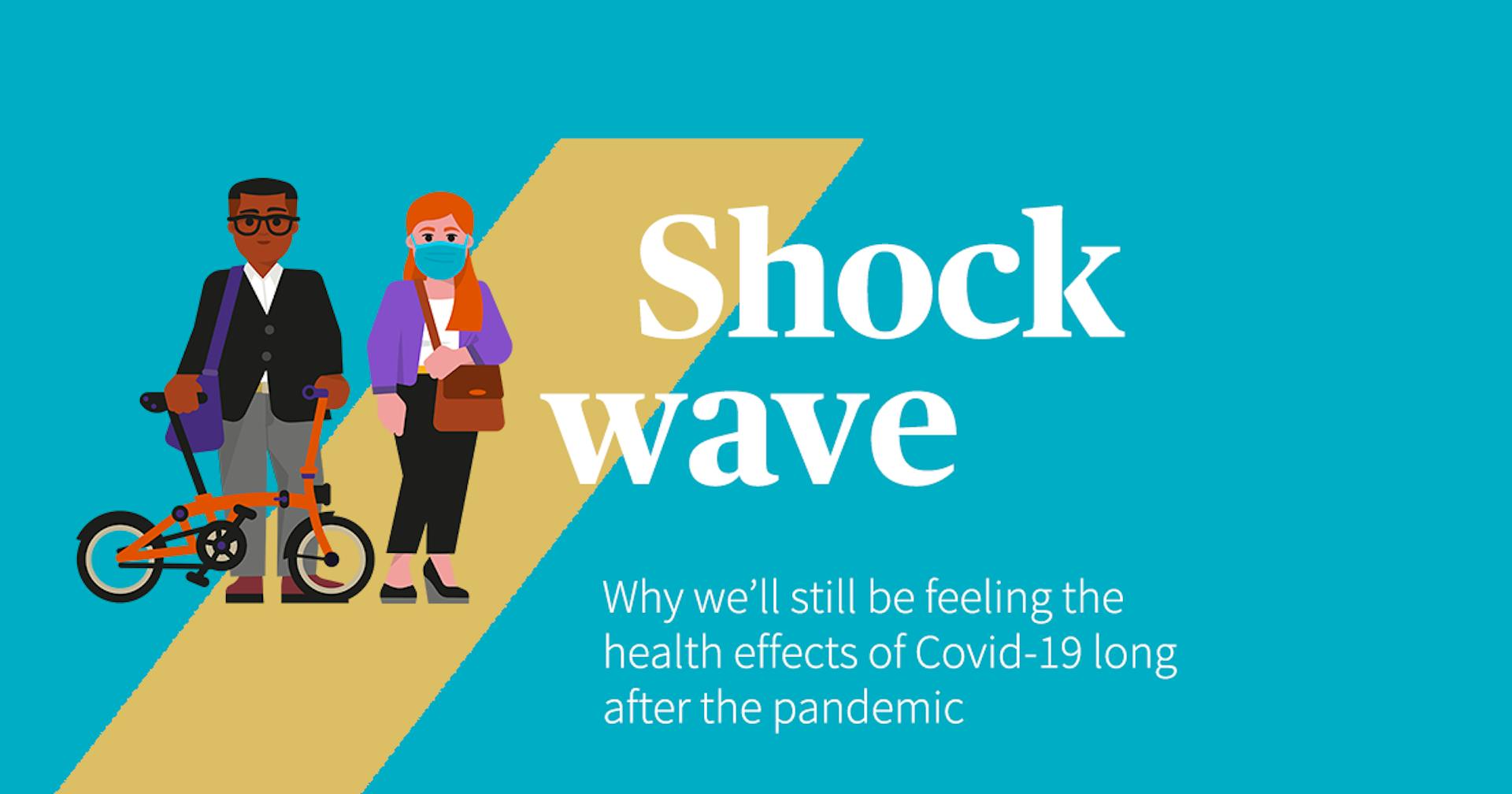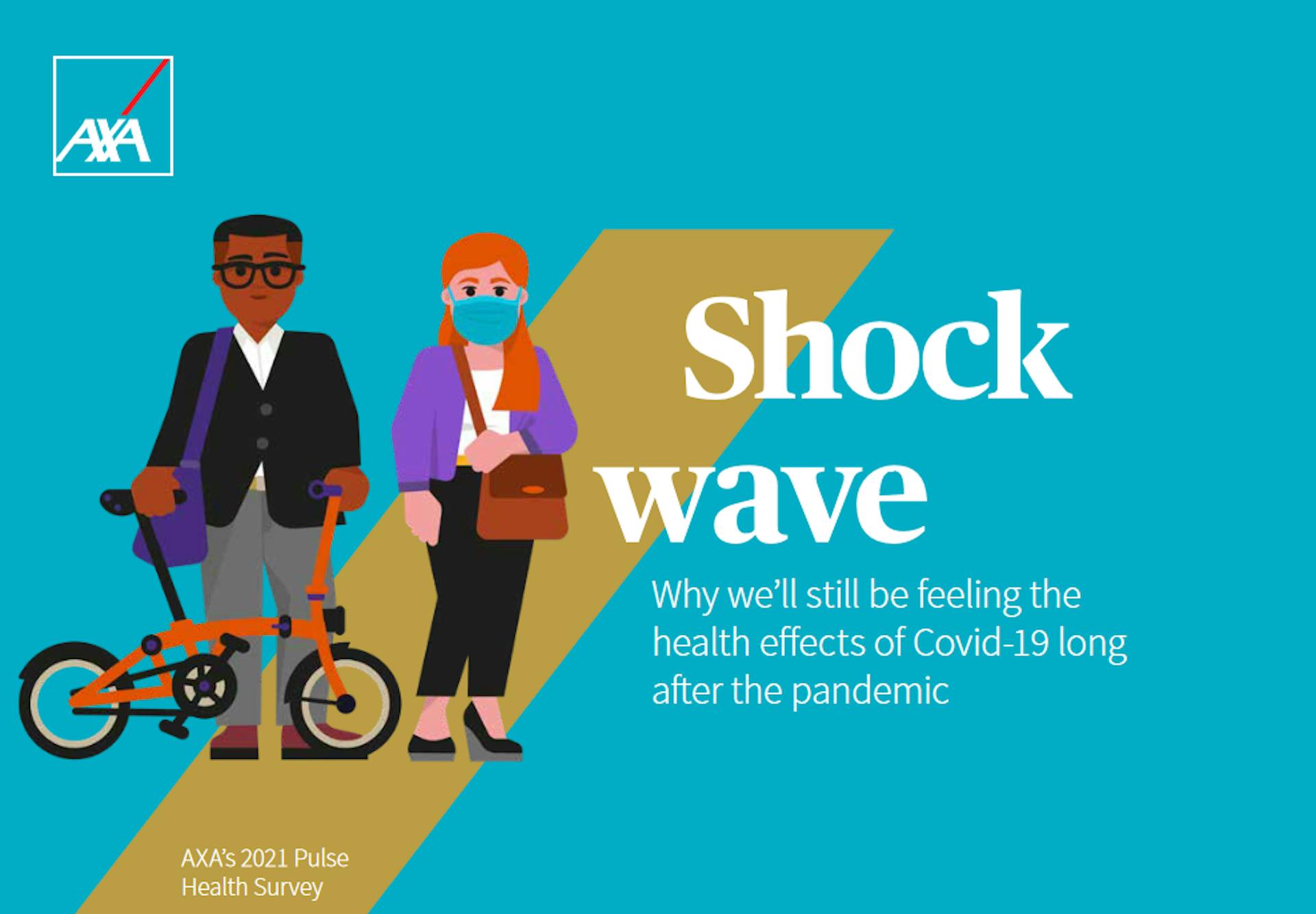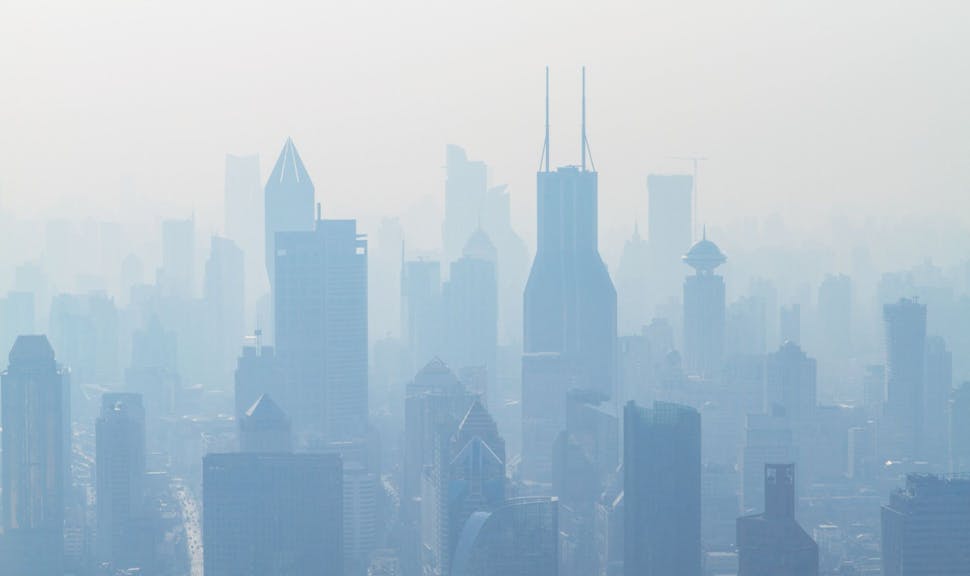
May 31, 2021
Shock wave: long-term health effects of Covid-19
Why we’ll still be feeling the health effects of Covid-19 long after the pandemic
2 minutes
The Covid-19 pandemic has been the most severe sanitary crisis of this century. Its swift outbreak resulted in uncertainty for all, hardship and grief for many. Individuals, organizations, and communities were affected to varying extents, but without exception. It has put our healthcare systems under immense strain, revealing the fragility of our health infrastructure, increased precarious imbalances and worsened social inequalities. New vaccines now offer hope, but we must learn from this pandemic and should incorporate the lessons of Covid-19 in the healthcare systems of tomorrow.
We commissioned this Health Pulse Survey to give us insight not only into the impact of the pandemic, but also into how we can meet the global health challenges that lie ahead. While longer-term trends such as the boom in chronic illnesses, aging populations, or the digitization of healthcare may have been overshadowed by the Covid-19 crisis in recent months, they have not gone away.
In the short term, Covid-19 has put immense strain on national healthcare systems, particularly in Europe. During the pandemic, too many people missed medical appointments or postponed check-ups, either as a consequence of the lockdown measures or because of the hospitals prioritizing Covid-19 patients over regular pathologies. As a result, countless cases of cancer and other serious illnesses may have gone undiagnosed. Researchers are also warning of a crisis in mental health because of increased anxiety induced by the stressful environment. Taken together, this could add up to a new health shock wave
. In many respects, the Covid-19 crisis is moving from its acute phase to its chronic phase.
Our survey also identifies a change in attitude toward health during this pandemic. Around the world, people are taking more personal responsibility for their own well-being. Whether it is about more carefully monitoring one’s health or investing time and resources in practices like yoga and meditation, the trend toward more personalized healthcare is here to stay.
These trends – the risk of a sanitary aftershock, shifting consumer demands, the rise of mental health issues – are key issues and expectations to be taken into account to build more resilient health systems in the aftermath of Covid-19. This calls for closer cooperation between public and private sectors to move toward a coordinated approach benefiting patients, healthcare professionals, and society at large. It means more focus on prevention, more importance attached to mental health, expanding telemedicine, giving patients more say in their care, better leveraging data.
As an insurer, we have a key role to play, not only with our customers, but also in engaging and coordinating with governments and other healthcare providers to contribute to building the healthcare system of tomorrow, one that will be convenient, affordable, effective and seamless. In every crisis, there are opportunities – this is ours.




